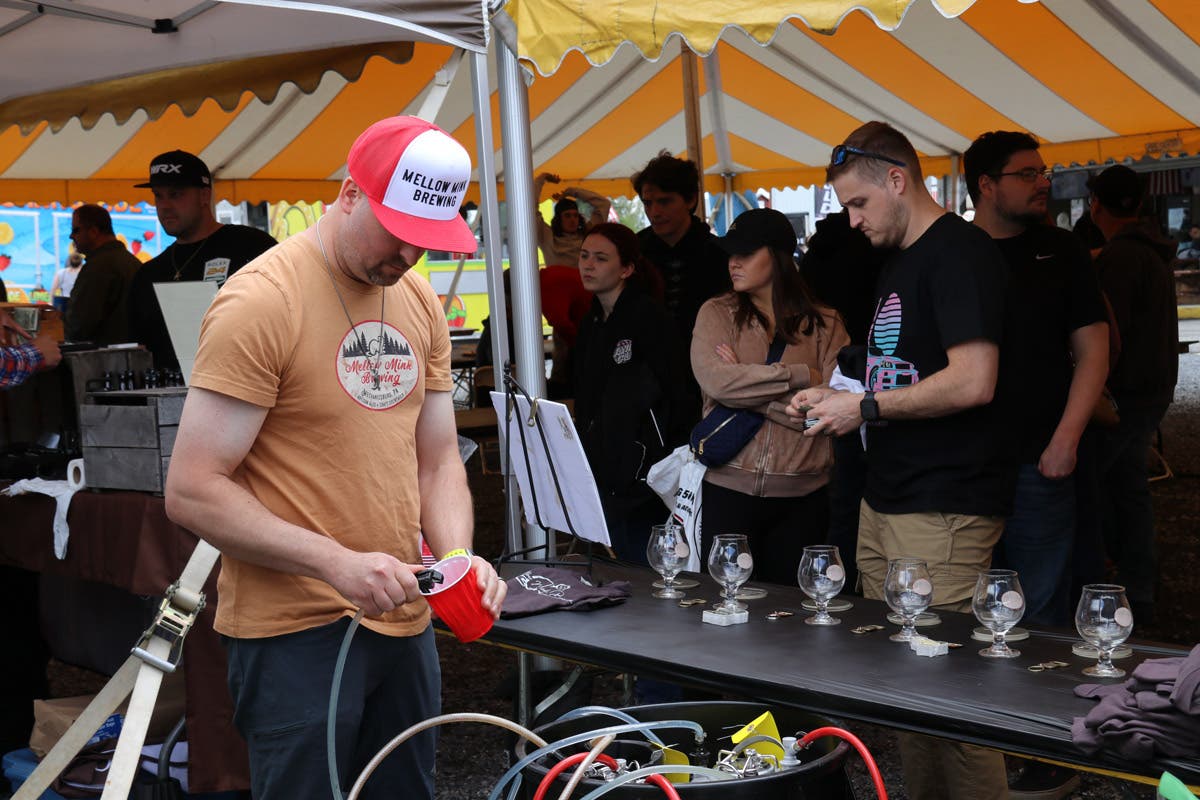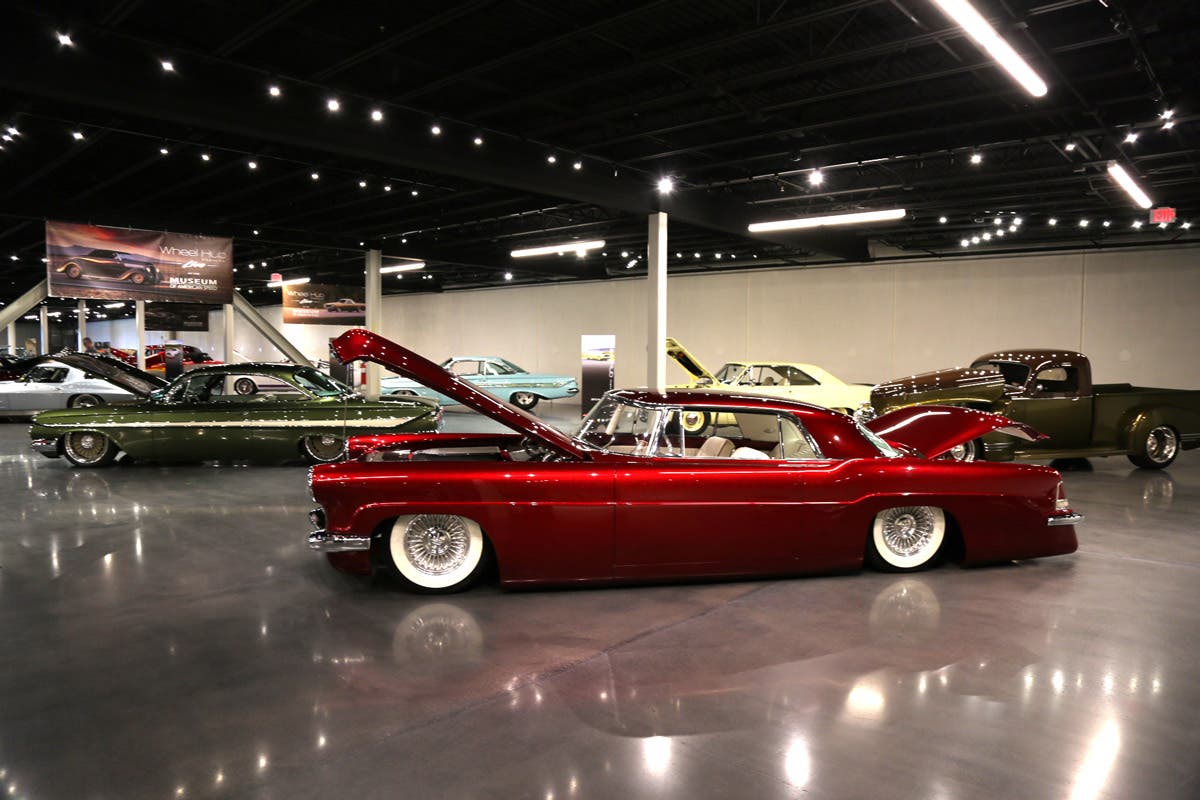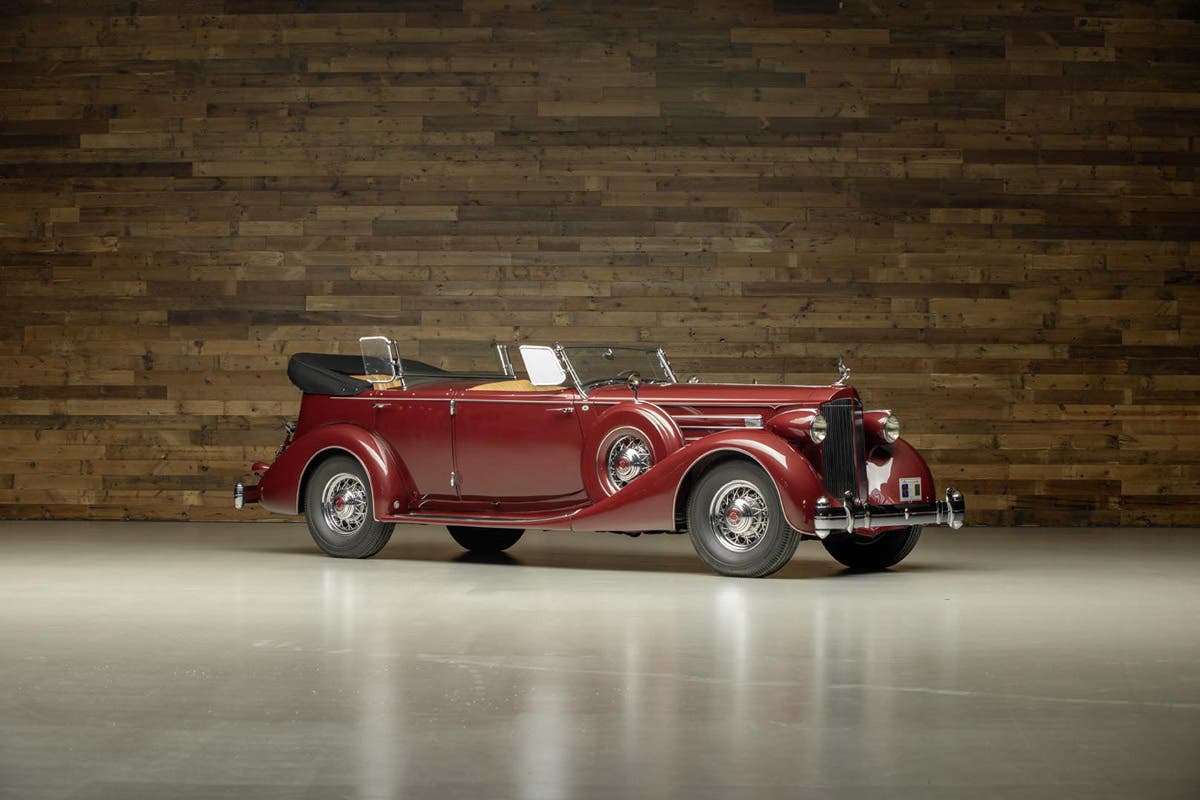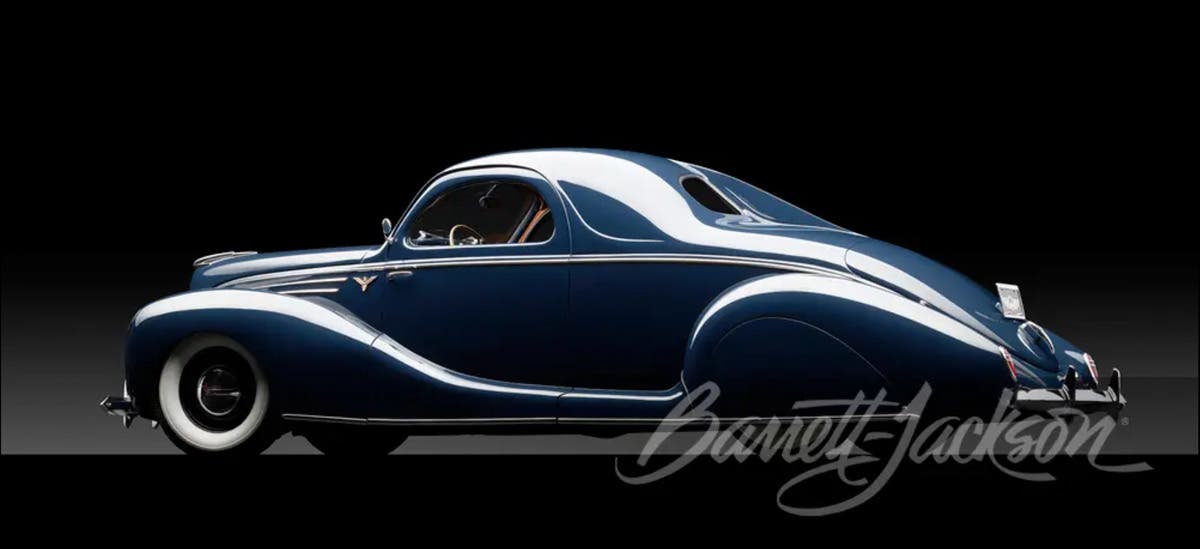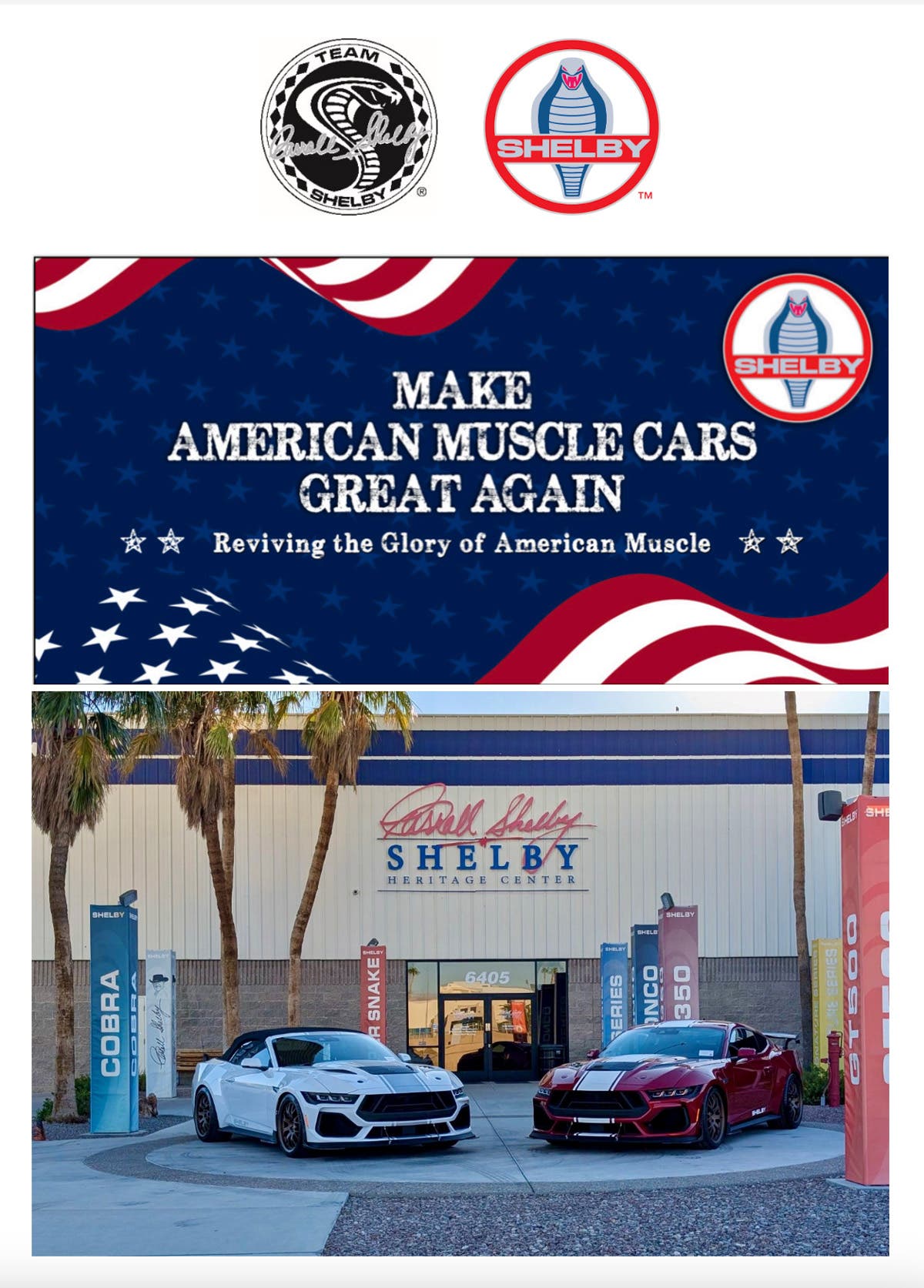Don't be intimidated about taking part in an antique car auction because you aren't familiar with the rules. The etiquette and lingo are easy enough to learn and fun to use.
An auction is one of the most unforgettable venues in which one can buy a vintage vehicle. Because auctions take place in a public forum where every eye in the house is on the bidders, purchasers provide entertainment and drama amongst themselves and to the non-bidding audience as well.
The thrill of the hunt, the rhythmic chant of the auctioneers and the excitement of bidding all generate a level of enthusiasm that only the auction method of marketing can inspire in a crowd. Some of these auctions offer far more than the sale of goods. A number of them have grown into spectacular lifestyle affairs and are enormous in size.
They hold all the excitement of Las Vegas, the Super Bowl, the Stanley Cup and the World Series rolled into one electrically charged, carnival-like atmosphere.The auction drama is real ' bidders get right up on the stage and play against sports legends and Hollywood stars, every one of them fixated on the prize, keen to go home with a set of dream wheels.
Some words of wisdom can help you be successful in achieving your goal. Be prudent. The entire overbidding phenomenon has been identified as "auction fever." The final cost will be driven by how valuable the car is to the highest bidder. In order to bid sanely, a bidder must be calm, cool and collected. The worst thing that can happen is to get anxious, lose control and run up the price of a vehicle beyond its accepted value. A well-rehearsed strategy firmly fixed in your mind will help you stick to a plan.
When the price of a vehicle is driven far higher than the current market value, it is often because one or more bidders have not done the requisite homework. Bidding on a vehicle at an auction, armed with erroneous or incomplete information and a strong gut feeling, each wave of the paddle drives the price farther from true market value. A successful bidder who has overpaid substantially for the prize on the block is said to have the "winner's curse."
Another sociological phenomenon often exhibited at auctions is a self-justification of actions, sometimes called the "escalation of commitment." Here, the bidders know exactly what the vehicle is worth because the homework has been done. Since considerable time and effort have been invested, these bidders somehow feel that the vehicle on the floor must be theirs, no matter what the cost. Any pre-determined limits are thrown out the window, along with any common sense. This becomes an out-and-out competition and one that must result in victory, no matter if bidding hits the stratosphere. These bidders cannot justify having invested all the time, money, effort, absence from work and travel costs they have sunk into the project unless they actually go home with the vehicle they came for.
Another commonly observed behavior is that of competition, a.k.a. "competitive arousal." Ownership of the vehicle becomes secondary to the overwhelming need to eliminate all competitors. These bidders are susceptible to the "win at all costs" syndrome for any number or combination of pressures including rivalry, awareness of being watched by the audience, time constraint, even the pressure to look good at an event because of heavy pre-auction advertising. In the mind of the bidder, the other bidders are far more than competitors; they have become adversaries, enemies of the highest order.
Bow out when the price goes higher than you wish to pay. Simply indicate so by shaking the head in a "no" fashion very visibly when eye contact is made with the auctioneer. The auctioneer then will look elsewhere in the audience for higher bids.
James Mays is the author of the "Savvy Guide to Buying Collector Cars at Auctions." The 194-page book has more than 300 photos and is available for $18.95 plus applicable taxes and S&H. Order from 800-665-2665.



